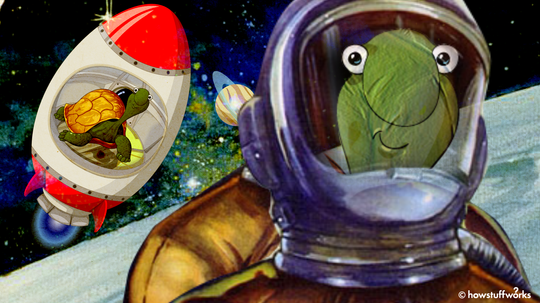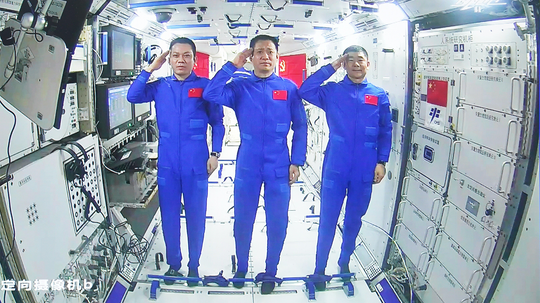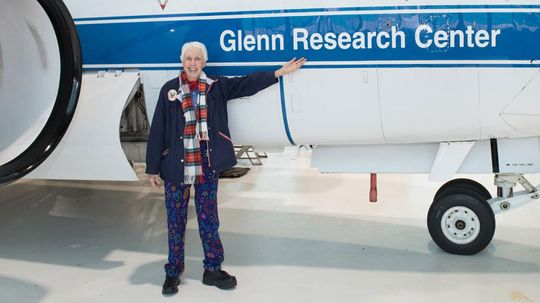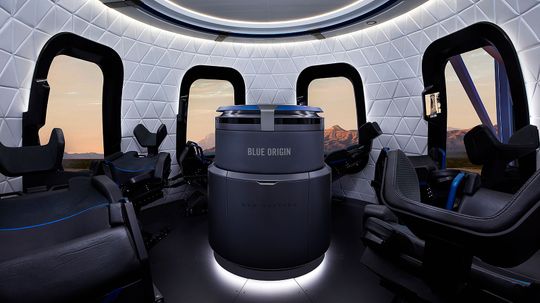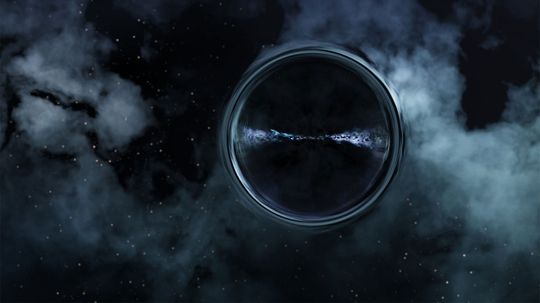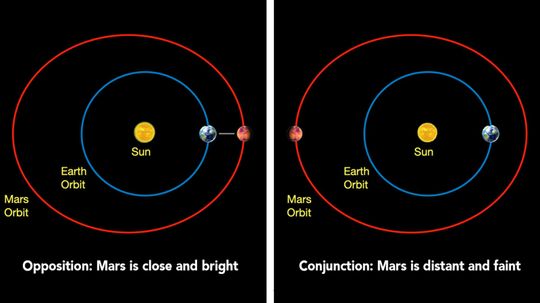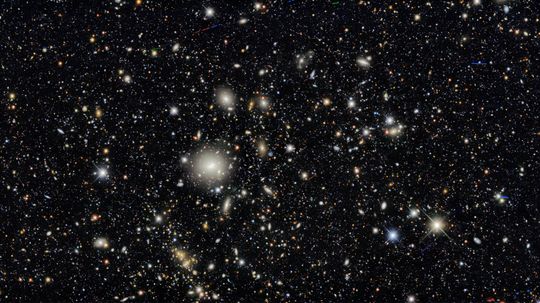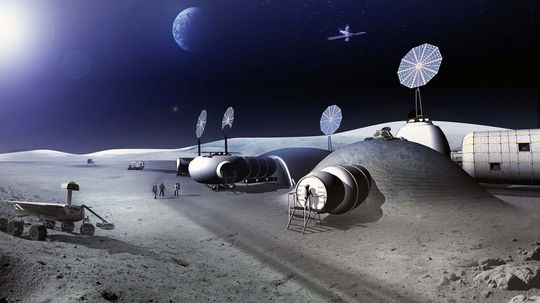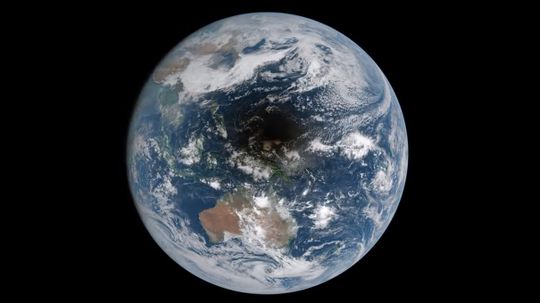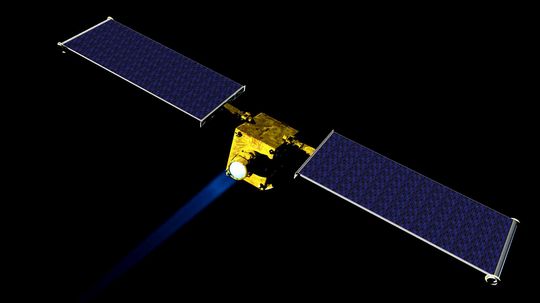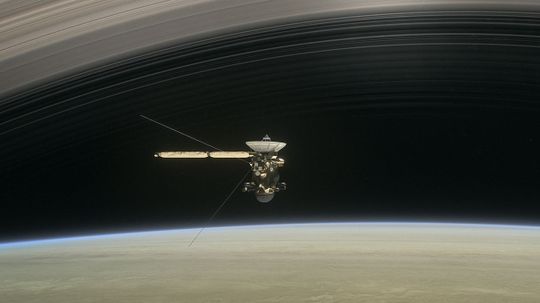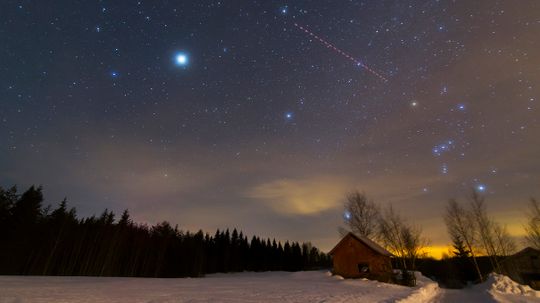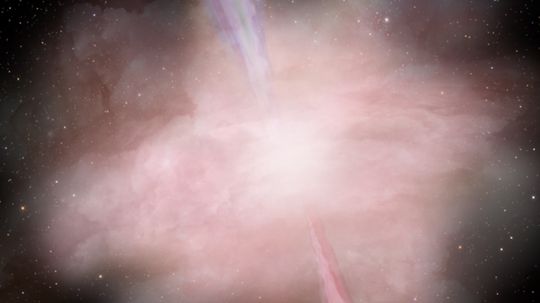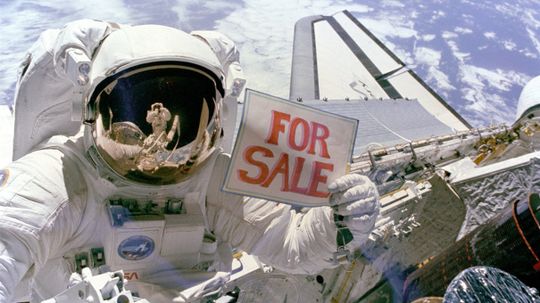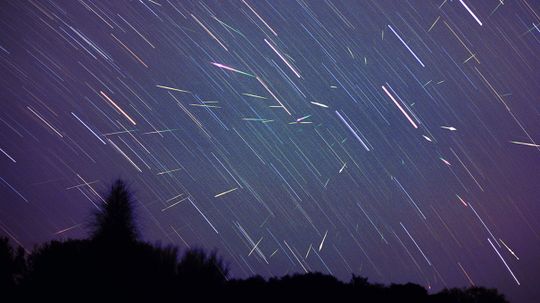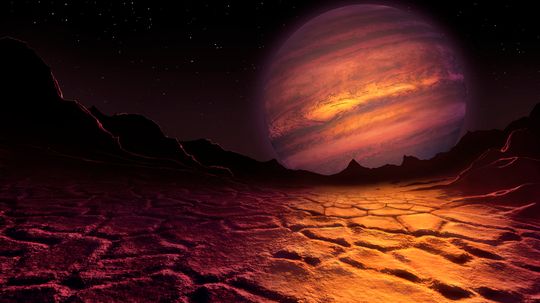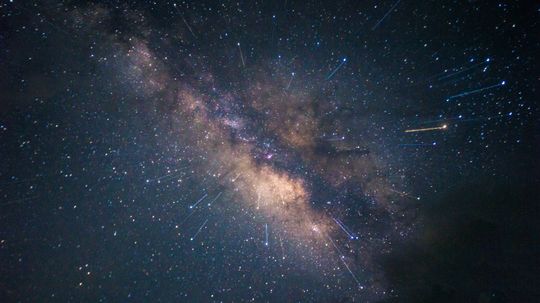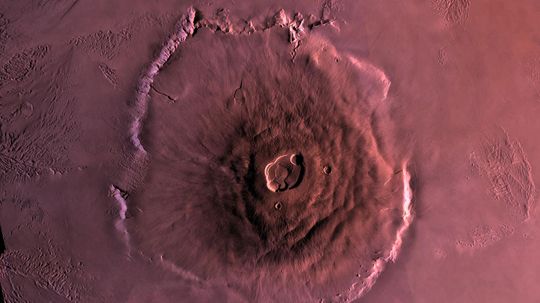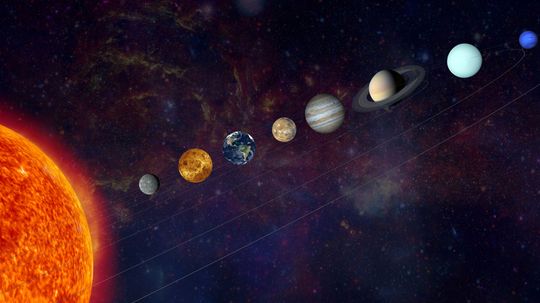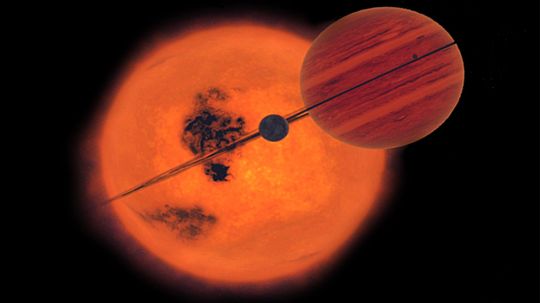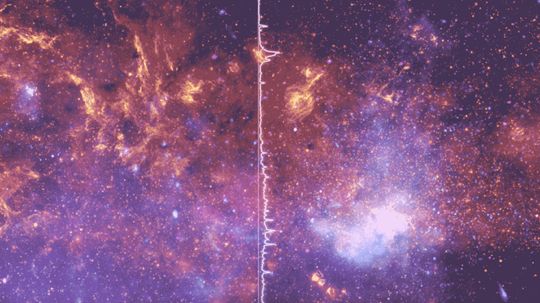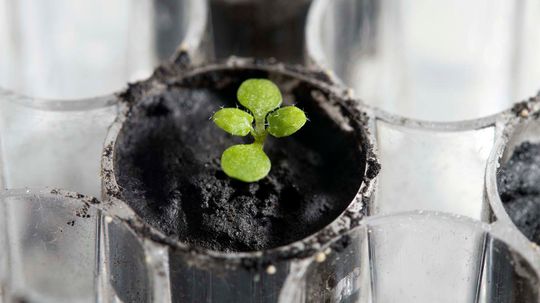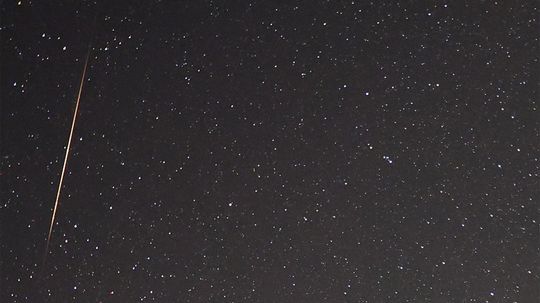Space
Explore the vast reaches of space and mankind's continuing efforts to conquer the stars, including theories such as the Big Bang, the International Space Station, plus what the future holds for space travel and exploration.
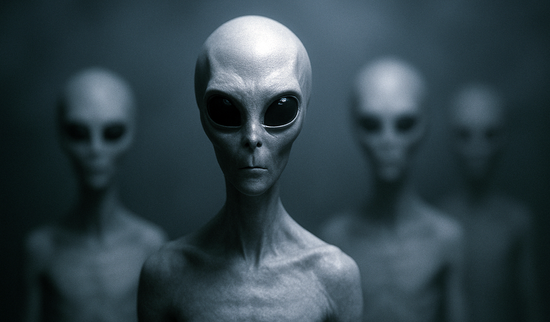
Tall Whites: The Classic Extraterrestrial Archetype
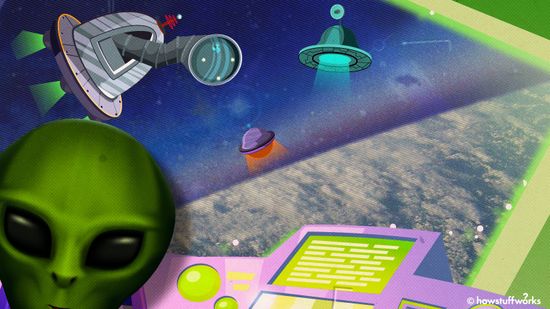
The Zoo Hypothesis: Are Aliens Watching Us Like Animals in a Zoo?
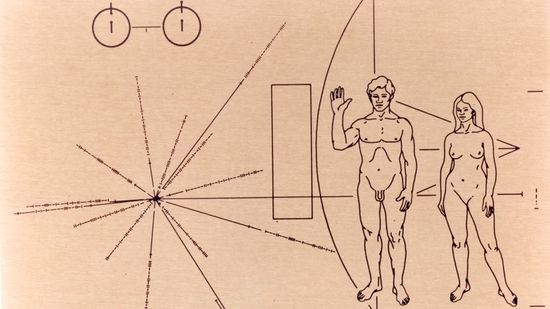
Communicating With Aliens Is Hard. Communicating With Alien AI Could Be Harder
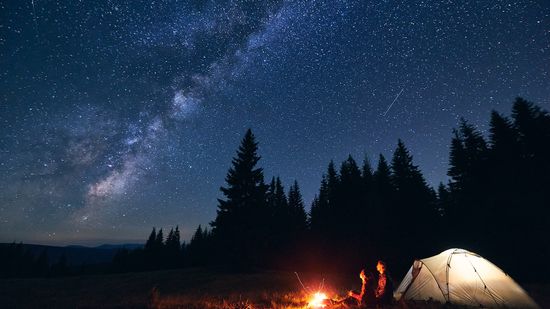
10 Types of Stars Blazing and Collapsing in Our Universe
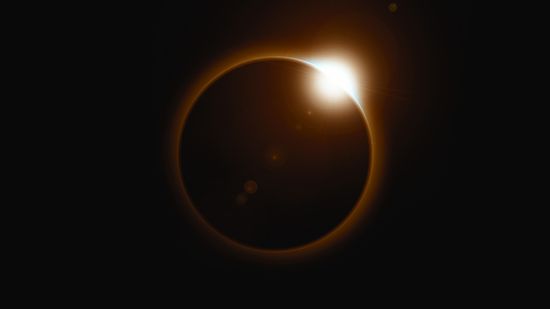
7 Types of Eclipses: Lunar, Solar and ... Hybrid?
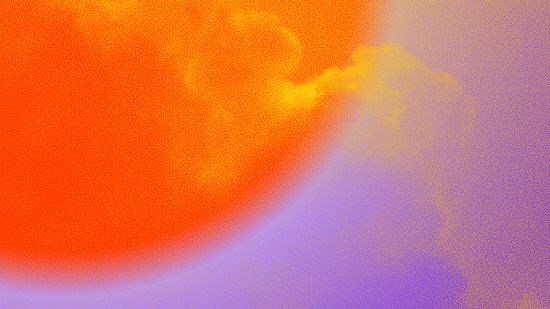
Why a Geomagnetic Storm Makes for Pretty Skies and Tech Scares
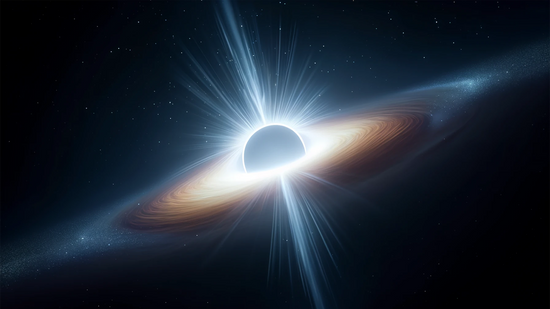
What Is a White Hole? Does the Cosmic Phenomenon Exist?
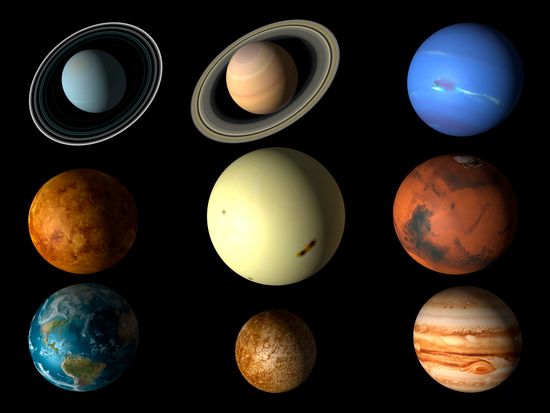
10 Best Ideas for Interplanetary Communication
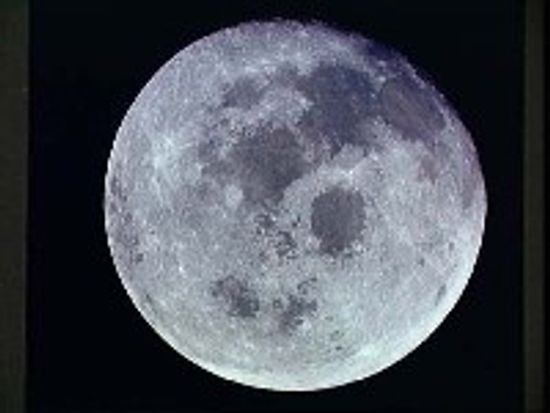
How can the moon generate electricity?
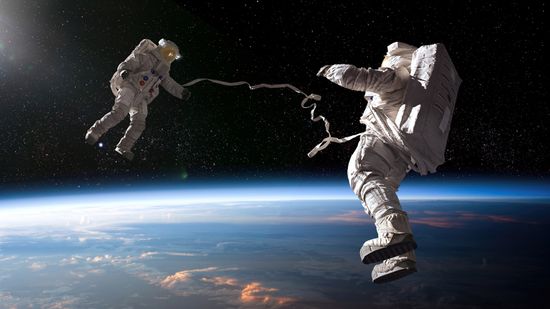
Is an Astronaut Stuck in Space a Rare Occurrence?
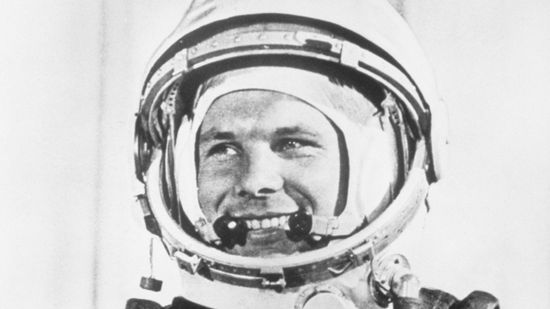
What Really Happened to Yuri Gagarin, the First Man in Space?
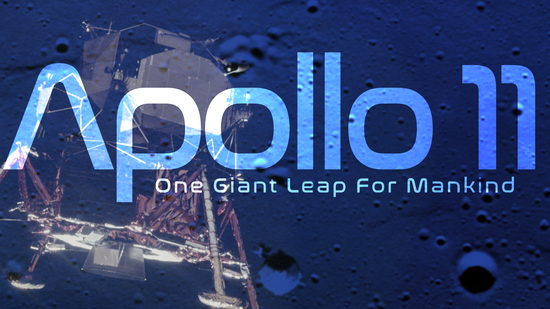
Apollo 11 One Giant Leap For Mankind
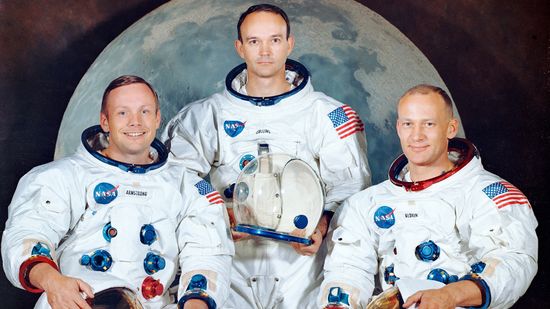
15 Famous Astronauts Who Expanded Our Universe
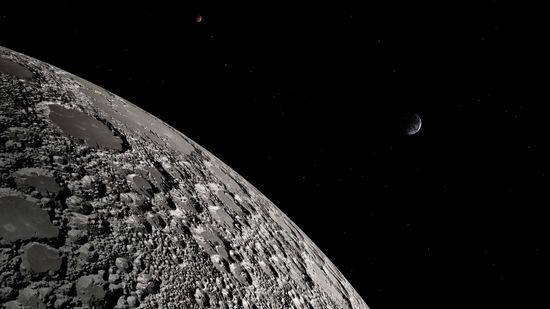
2023 India Moon Landing Was World's First at Lunar South Pole
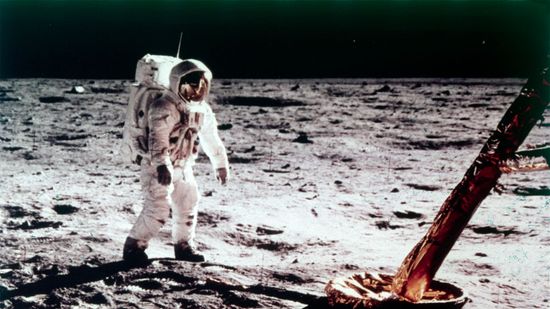
Quiz: Apollo 11, the First Moon Landing
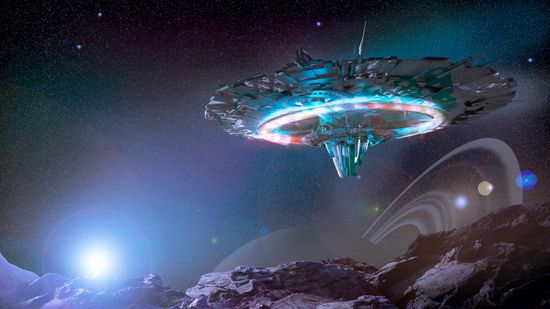
The Fastest Fictional Spaceships
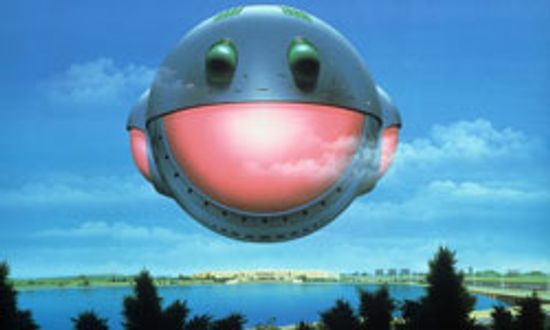
10 Fictional Spacecraft We Wish Were Real
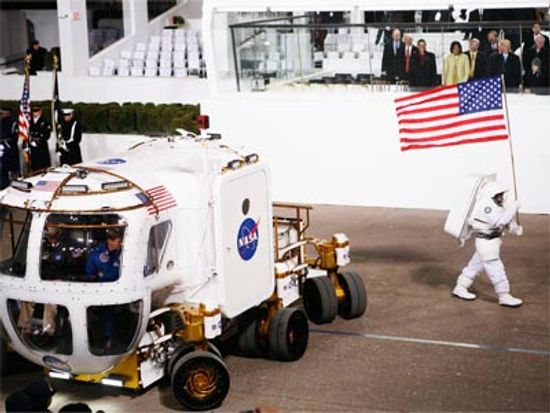
How Lunar Rovers Work
Learn More / Page 9
Yep, two small-bodied Russian tortoises made it to the moon and back before man did.
By Mark Mancini
The Chinese space station Tiangong, now with its first crew of astronauts, is scheduled for completion in 2022. What does that mean for the future of the aging International Space Station and multinational space cooperation?
On July 20, 2021, Wally Funk will blast off. Her trip to space has been delayed since 1961, when the 'Mercury 13' Woman in Space Program was cancelled.
Advertisement
Today, Blue Origin flew its billionaire founder Jeff Bezos and three others into space, a week after Virgin Galactic flew its billionaire founder Richard Branson on the same mission. Will space tourism be more than a millionaire's hobby?
Scientists have observed flashes of X-rays coming from behind a supermassive black hole, consistent with Albert Einstein's prediction that extremely large objects can bend light.
The Mars solar conjunction occurs every two years and forces NASA to stop communicating with assets on the Red Planet. So what's the deal?
Early dark energy, a form of dark energy that may have existed a few hundred thousand years after the big bang, could help clarify the universe's rate of expansion. But its existence hasn't been proven.
Advertisement
If our living space is to become outer space, we have a lot of challenges to address. And our first line of defense will be space architects.
By John Donovan
Check out this video of what astronauts in space see as the shadow of the moon crosses our planet.
And don't worry. Even if NASA misses, we'll be fine.
The groundbreaking Saturn mission has come to an end, protecting Saturn's moon in its final plunge.
Advertisement
Every autumn, Earth passes through a stream of debris left by Halley's comet, resulting in some beautiful nighttime meteor showers called the Orionids. Here's what to watch for.
Get ready for the most powerful electromagnetic explosion the universe has ever known.
When you think of NASA, you probably think of an all-around professional organization. And you're right. But, those astronauts like to have a lot of fun, too.
By Mark Mancini
The annual Leonid meteor shower is back, and peaks in the late-night hours of November 17. It's made up of tiny bits of debris from the comet Tempel-Tuttle. Here's how to see it.
Advertisement
Neither massive planets nor tiny stars, brown dwarfs are entirely different substellar curiosities that possess qualities of both.
Whether or not we are alone in the universe is one of life's greatest mysteries. On Earth we find ourselves in the "Goldilocks Zone," which means that conditions are just right for hosting life, but we have discovered other Earth-like planets deep in space, as well as planets that are thought to have water (which [...] The post 10 Reasons That Aliens Probably Exist appeared first on Goliath.
By Jonny Hughes
From time to time, we all gaze up at the stars and wonder about outer space. It can be an incredibly mind-blowing, beautiful, fascinating, exciting and even scary place to think about, as it is so incomprehensibly vast and unexplored and it contains so many secrets. We seemingly discover new things about outer space each [...] The post 8 Mind-Bending Facts About Outer Space appeared first on Goliath.
By Jonny Hughes
History doesn't believe or disbelieve in UFOs. There are a handful of UFO sightings documented by Roman historians from around 2,000 years ago, but they seem about as credible as the existence of Zeus. More than 95 percent of all UFO sightings can be easily dismissed as military aircraft, stars, planets, meteors, flares, weather balloons [...] The post The 10 Most Legitimate Cases of U.F.O. Sightings appeared first on Goliath.
By Kevin Saltarelli
Advertisement
Many people dream of climbing Mount Everest, but what if you could scale the highest mountain in the solar system? That one is more than twice as tall as Everest! So, where is it?
If you imagine the eight major planets in a single line stretching out from the sun, this alignment occurs roughly every 13.4 trillion years. And our solar system is 4.5 billion years old.
Aldebaran is not just the brightest star in the constellation Taurus, it's also the 14th brightest star in the sky.
Sonification is the process of taking data and turning it into sound. When it come to the universe we live in, scientists are finding that the sounds are definitely otherwordly and very beautiful.
Advertisement
University of Florida scientists used lunar soil collected during Apollo 11, 12 and 17 missions to successfully grow plants from seed. It's a first in human history and could help future space colonists grow food on the moon.
The Tau Herculids meteor shower was made of debris from the broken comet SW3 and produced a lot of shooting stars, but not quite the meteor shower that was hoped for.
